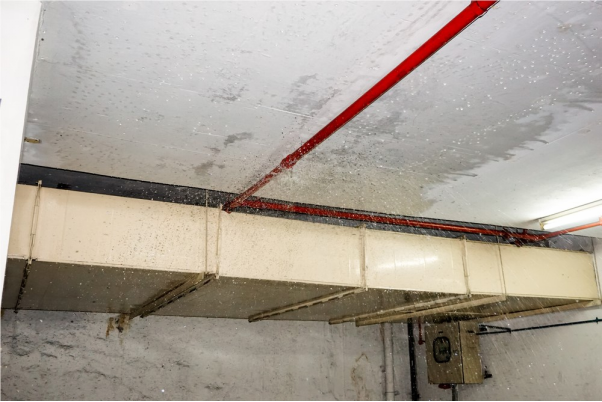
Water damage can wreak havoc on homes and businesses alike, posing serious threats to property and health. In a coastal city like Clearwater, Florida, where torrential rains and hurricanes are not uncommon, the risk of water damage is heightened. Understanding the basics of water damage restoration is crucial for residents and business owners to mitigate its effects swiftly and effectively.
In this comprehensive guide, we'll delve into the world of water damage restoration in Clearwater, covering everything from the causes of water damage to the importance of hiring professionals for emergency water damage cleanup. Let's navigate through the waters of restoration to ensure a dry and safe environment for all.
Understanding Water Damage
Water damage encompasses a broad range of issues caused by excess water intruding into various areas of a property. In Clearwater, water damage can stem from hurricanes, heavy rainfall, flooding, burst pipes, or even simple leaks. According to local statistics, Clearwater experiences an average annual rainfall of 54.5 inches, making it susceptible to water-related incidents.
The consequences of water damage can be catastrophic, ranging from structural damage to mold growth and health hazards. In fact, mold growth can occur within 24-48 hours of water exposure, exacerbating the damage and posing significant health risks to occupants. To mitigate these risks, swift water damage restoration is imperative.
The Restoration Process
Professional water damage restoration in Clearwater follows a systematic process to ensure thorough cleanup and restoration of affected properties. The process typically includes the following steps:
Assessment and Inspection: Upon arrival, restoration professionals assess the extent of the damage, identifying affected areas and devising a restoration plan tailored to the specific needs of the property.
Water Extraction: Using state-of-the-art equipment, such as pumps and vacuums, excess water is swiftly removed from the premises to prevent further damage and mold growth.
Drying and Dehumidification: Thorough drying and dehumidification are essential to eliminate moisture from the air and surfaces, preventing mold and secondary damage. Industrial-grade air movers and dehumidifiers are employed for efficient drying.
Cleaning and Sanitizing: Affected surfaces and belongings are thoroughly cleaned and sanitized to remove contaminants and prevent microbial growth. Specialized cleaning agents and techniques are utilized to restore the property to its pre-damage condition.
Restoration and Repairs: The final step involves restoring the property to its original state through repairs and reconstruction. This may include repairing damaged structures, replacing flooring, or repainting walls to complete the restoration process.
Common Causes of Water Damage
Clearwater, Florida, experiences a unique set of conditions that make it prone to water damage. Some common causes include:
Heavy Rain and Storms: Clearwater's coastal location makes it vulnerable to tropical storms and hurricanes, which can bring torrential rain and strong winds, leading to flooding and water intrusion.
High Humidity: The subtropical climate contributes to high humidity levels, which can cause condensation and moisture buildup in homes and buildings, leading to mold growth and structural damage.
Plumbing Failures: Burst pipes, leaking faucets, and malfunctioning appliances can cause significant water damage. Aging infrastructure in some areas of Clearwater increases the risk of plumbing issues.
Flooding: Both coastal flooding from storm surges and inland flooding from heavy rainfall can lead to severe water damage. Clearwater’s low-lying areas are particularly at risk.
Types of Water Damage
Understanding the types of water damage is crucial for effective restoration. The Institute of Inspection, Cleaning and Restoration Certification (IICRC) categorizeswater damage into three classes:
Clean Water: This is water from a clean source, such as a broken water supply line or a leaking faucet. It poses little health risk but can still cause significant damage if not addressed promptly.
Grey Water: This water is contaminated and can cause illness. Sources include washing machine overflows, dishwasher leaks, and toilet backups (containing urine but no feces).
: Highly contaminated water that can cause severe illness or death if ingested. Sources include sewage backups, flooding from rivers or streams, and water contaminated with chemicals or toxins.
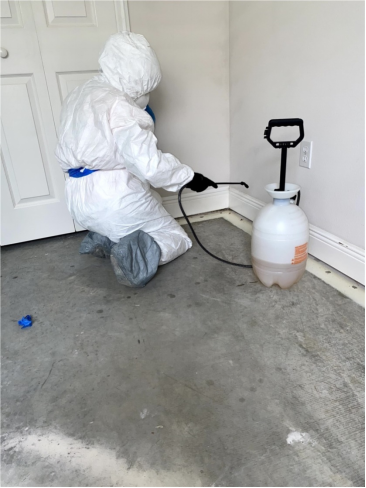
Preventing Water Damage in Clearwater
While it's impossible to prevent all instances of water damage, there are steps homeowners can take to reduce the risk:
1. Regular Maintenance
Inspect and Maintain Plumbing: Regularly check for leaks and repair any issues promptly. Consider upgrading old plumbing to reduce the risk of burst pipes.
Roof Inspections: Ensure that your roof is in good condition and promptly repair any damage to prevent water intrusion.
Gutter Maintenance: Clean gutters and downspouts regularly to ensure proper drainage and prevent water from accumulating near the foundation.
2. Install Preventative Measures
Sump Pumps: Install sump pumps in basements and low-lying areas to remove excess water and prevent flooding.
Backflow Valves: Install backflow valves to prevent sewage backups during heavy rains.
Water Alarms: Place water alarms near potential leak sources, such as water heaters and washing machines, to alert you to leaks early.
3. Seal and Protect
Seal Cracks: Inspect your home's foundation and walls for cracks and seal them to prevent water intrusion.
Waterproofing: Consider waterproofing your basement or crawlspace to protect against water damage.
ElevateUtilities: Elevate utilities such as water heaters, furnaces, and electrical panels above potential flood levels.
Why Professional Assistance is Essential
While DIY efforts may seem tempting, professional water damage restoration in Clearwater offers numerous advantages that outweigh the costs. Here's why hiring professionals is essential for swift and effective restoration:
Expertise and Experience: Certified restoration professionals possess the expertise and experience to handle water damage of any scale. They are trained to assess the extent of the damage accurately and implement appropriate restoration techniques to mitigate further damage.
Advanced Equipment and Techniques: Professional restoration companies utilize advanced equipment and techniques to expedite the restoration process. From high-powered pumps for water extraction to specialized drying equipment, they have the tools necessary to ensure thorough cleanup and drying.
Mold Remediation: Prompt water damage cleanup is crucial to prevent mold growth. Professional restoration companies not only remove excess water but also conduct thorough mold remediation to eliminate any existing mold and prevent its recurrence.
Insurance Assistance: Dealing with insurance claims can be overwhelming, especially in the aftermath of a water damage incident. Professional restoration companies can assist homeowners and business owners with the insurance claims process, ensuring they receive fair compensation for the damages incurred.
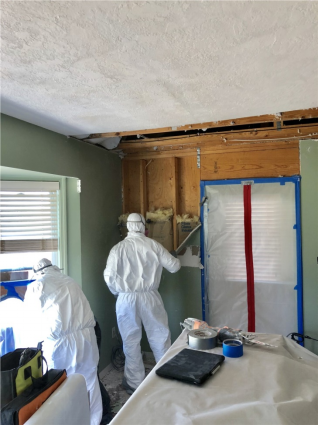
For immediate assistance with emergency water damage cleanup in Clearwater, trust Flood Pros USA! Our 24/7 flood cleanup assistance ensures swift and professional storm damage restoration.
We specialize in fast emergency flood recovery, offering expert services for both residential and commercial properties in Clearwater. Contact us today for swift and effective flood damage repairs in Clearwater!
Subscribe to Flood Pros USA's Blog

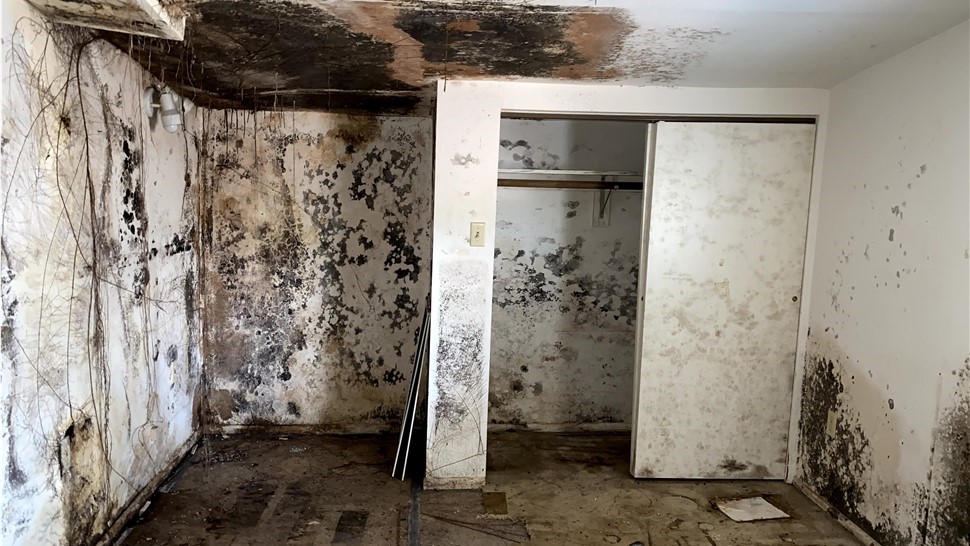
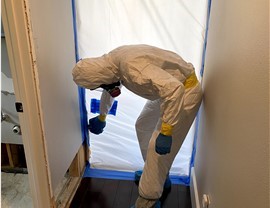
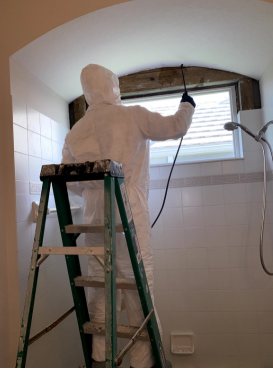
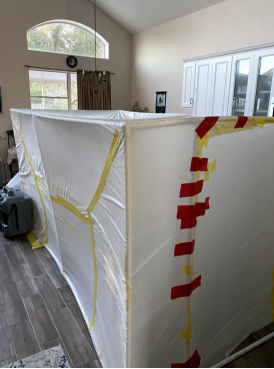
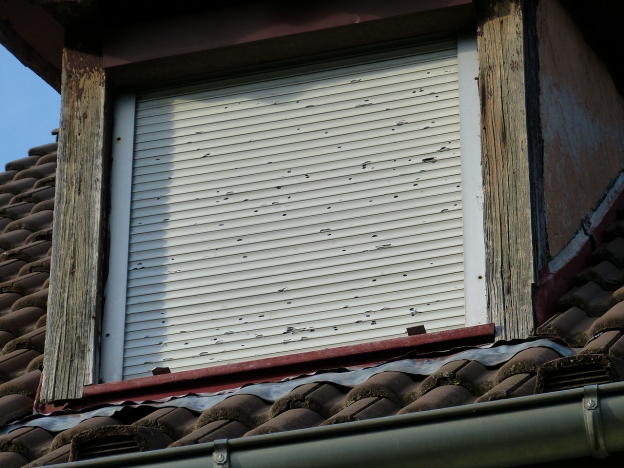

Comments